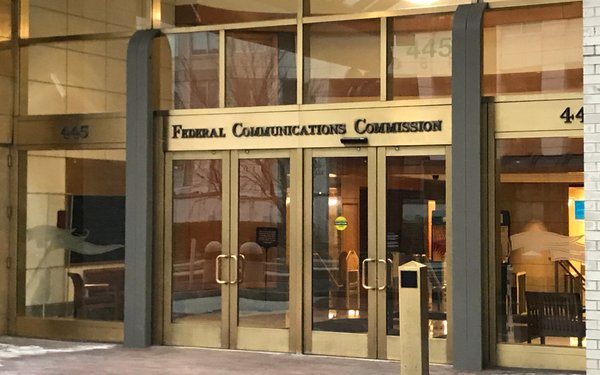
Consumer advocacy groups are urging the Federal Communications
Commission to collect better data about the cost of broadband to consumers, as part of the agency's annual inquiry into carriers' efforts to roll out high-speed web access.
“Even if
broadband is deployed to every community in America, millions of people would still not be able to afford to subscribe, and what is the point of deployment if people cannot use the service?”
Public Knowledge writes in a letter to the FCC made public on Wednesday.
The filing describes a Jan. 16 meeting during which FCC and members of five advocacy groups -- Public Knowledge, Common
Cause, New America’s Open Technology Institute, Next Century Cities, and National Hispanic Media Coalition -- discussed the FCC's upcoming report on the state of broadband deployment.
advertisement
advertisement
At the meeting, advocates argued that “collecting pricing data from broadband
providers is crucial for consumers,” according to Public Knowledge's summary.
FCC staff responded by voicing concerns over the complicated nature of pricing by Internet service
providers, including bundled services and promotions, according to Public Knowledge.
“The Commission staff expressed concern with the practical implementation of collecting price data
from broadband providers,” Public Knowledge writes. “If experts at the Commission cannot parse the confusing nature of ISPs’ pricing schemes, how are consumers expected to navigate
hidden fees themselves?”
In August, FCC Commissioner Jessica Rosenworcel made a similar argument.
“If we want a truly accurate picture of broadband service across the
country we are setting ourselves up for problems by not even asking how price and affordability plays a role,” she stated. “Here’s the thing: it plays a big one.”
The advocates cite a May 2019 Pew Research Center report that just 56% of people earning less than $30,000
subscribe to broadband at home.
The groups also pressed the FCC to redefine its benchmark for broadband as download speeds of 100 Mbps, up from the current standard of 25 Mbps.
“Online innovation has dramatically grown with the increasing use of over-the-top services, internet of things devices, and other high bandwidth applications,” Public Knowledge writes.
“As more households depend on broadband for an increasing number of high-bandwidth uses, faster broadband speeds are required.”